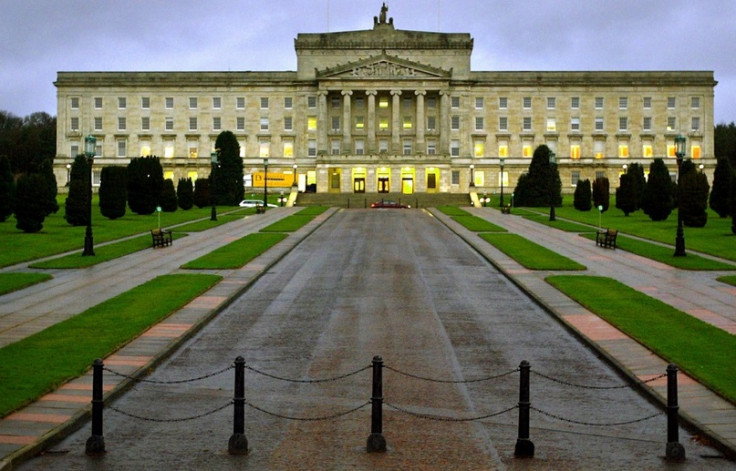Northern Ireland faces fresh election after collapse of power-sharing Stormont Assembly
Voters in the British province will go to the polls on 2 March.

Fresh elections in Northern Ireland will take place on 2 March after its power-sharing Assembly collapsed over the fallout of a botched renewable energy scheme.
Sinn Fein's Martin McGuinness quit as deputy first minister on 9 January and, in a motion in the devolved parliament on Monday (16 January), his party refused to replace him. The deadline passed for his replacement at 5pm.
Under the terms of the power-sharing agreement, the Northern Ireland Secretary, James Brokenshire has called for new elections in six weeks to the 108-member Assembly, which was to govern until the scheduled next election in May 2021.
The last sitting day of the Assembly will be 25 January and it will be dissolved the following day.
The toppling of the Assembly at Stormont follows the controversy surrounding a scandal-hit policy called the Renewable Heat Incentive scheme.
It was to encourage businesses to use renewable heat sources, but instead paid businesses to burn fuel, and could cost the taxpayer half a billion pounds in a farrago known as "ash for cash".
McGuinness called on the first minister, Arlene Foster, who heads the Democratic Unionist Party (DUP) to stand down pending an investigation –which she refused.
Brokenshire said he could not force the two sides of the coalition to keep working together and that he hoped Sinn Fein and the DUP would repair their relationship after voters go to the polls, Associated Press reported.
There are concerns that the snap election, whose date is to be set, might hamper plans by British prime minister Theresa May to trigger Article 50 as the Northern Ireland Assembly may not be able to approve the plans.
Anti-sectarian Alliance Party Naomi Long told The Independent that if the process to start Brexit began without the consultation of Stormont, there could be a legal challenge.
© Copyright IBTimes 2025. All rights reserved.






















